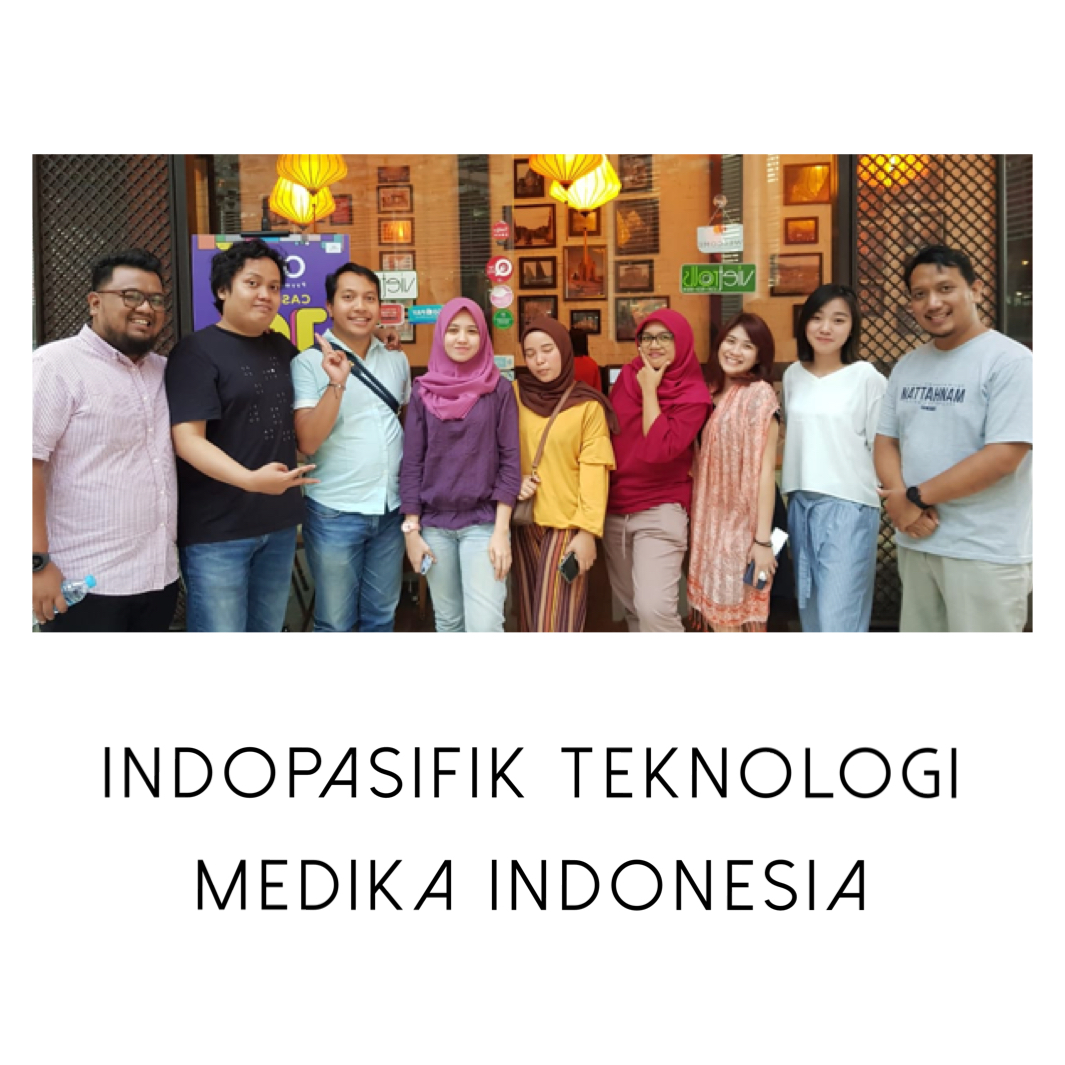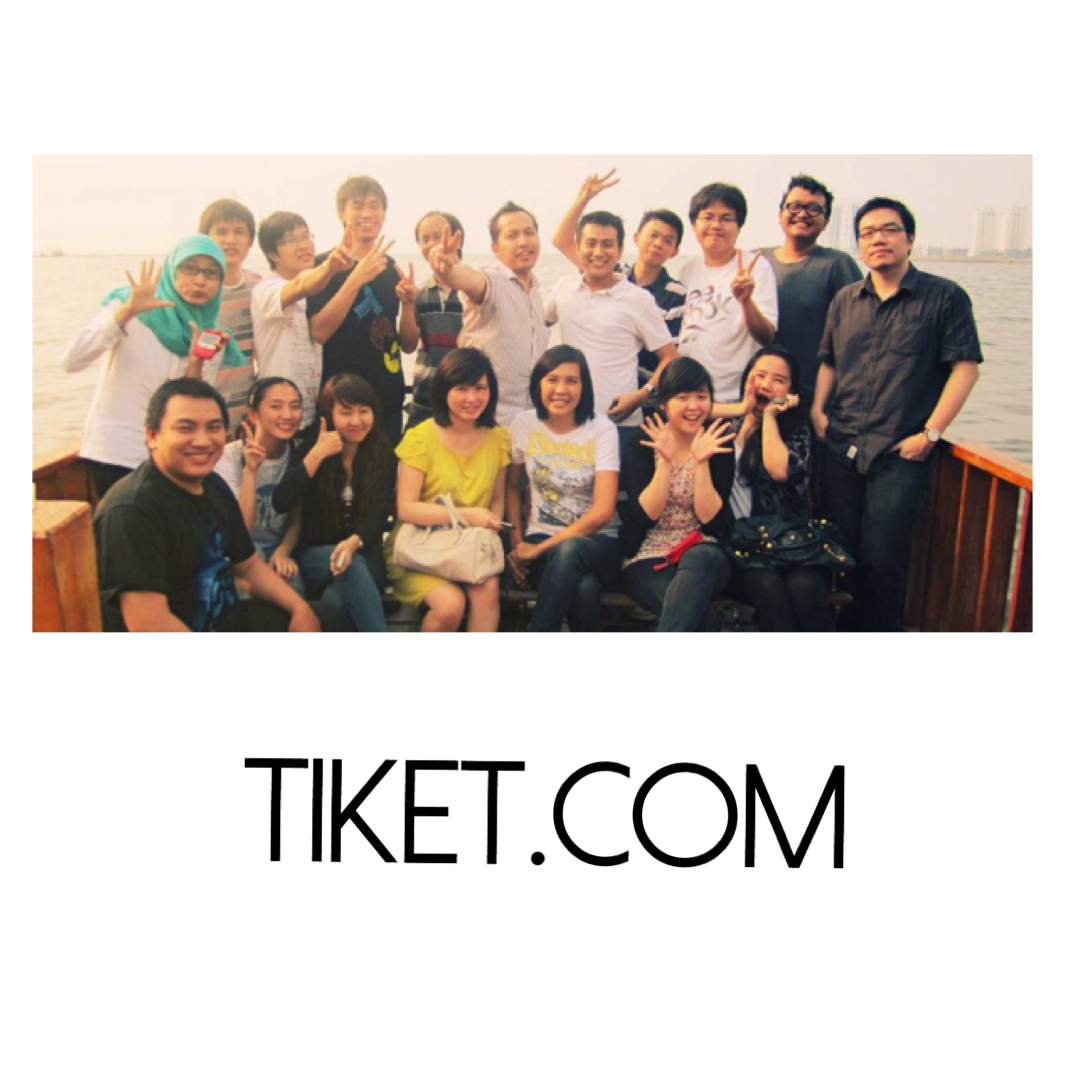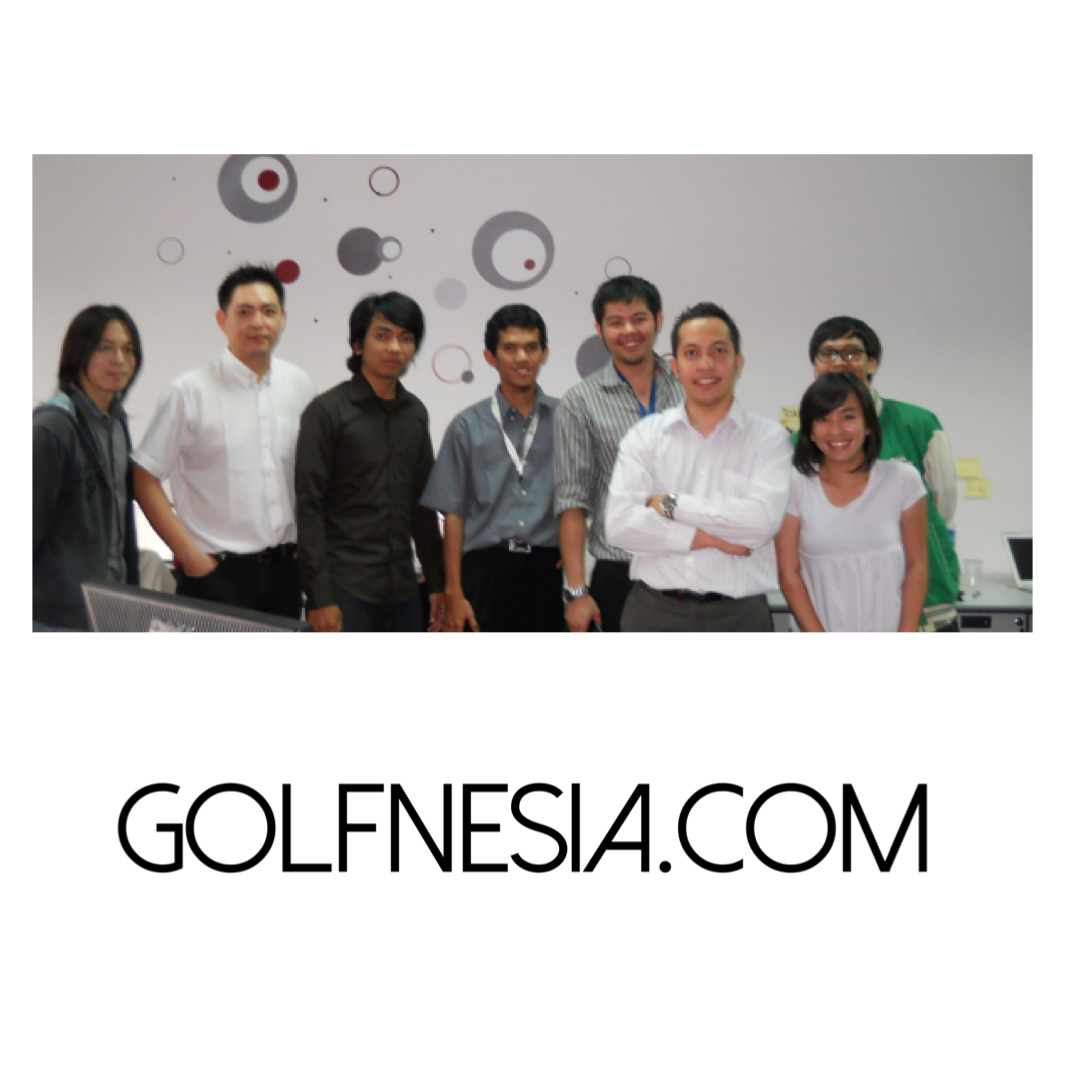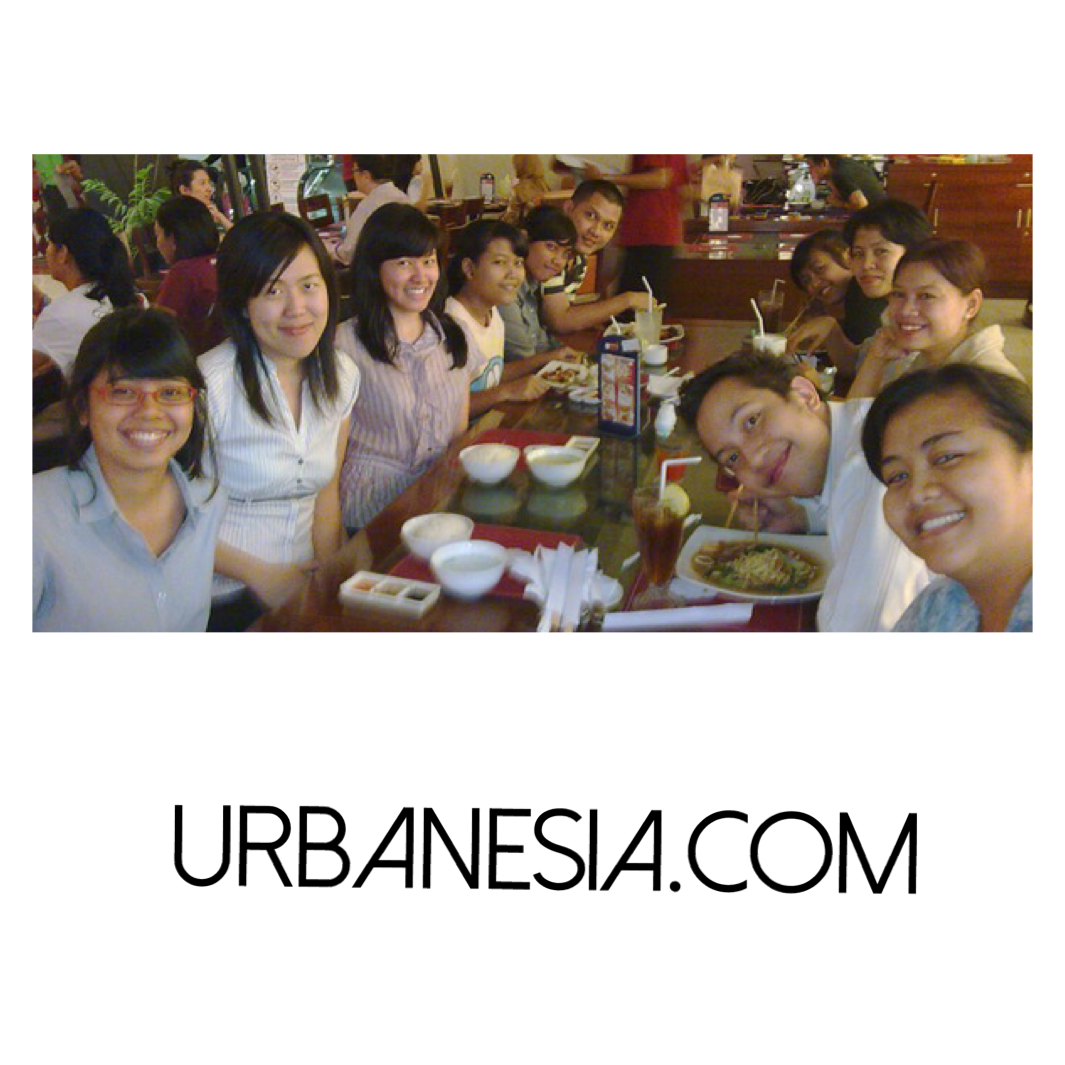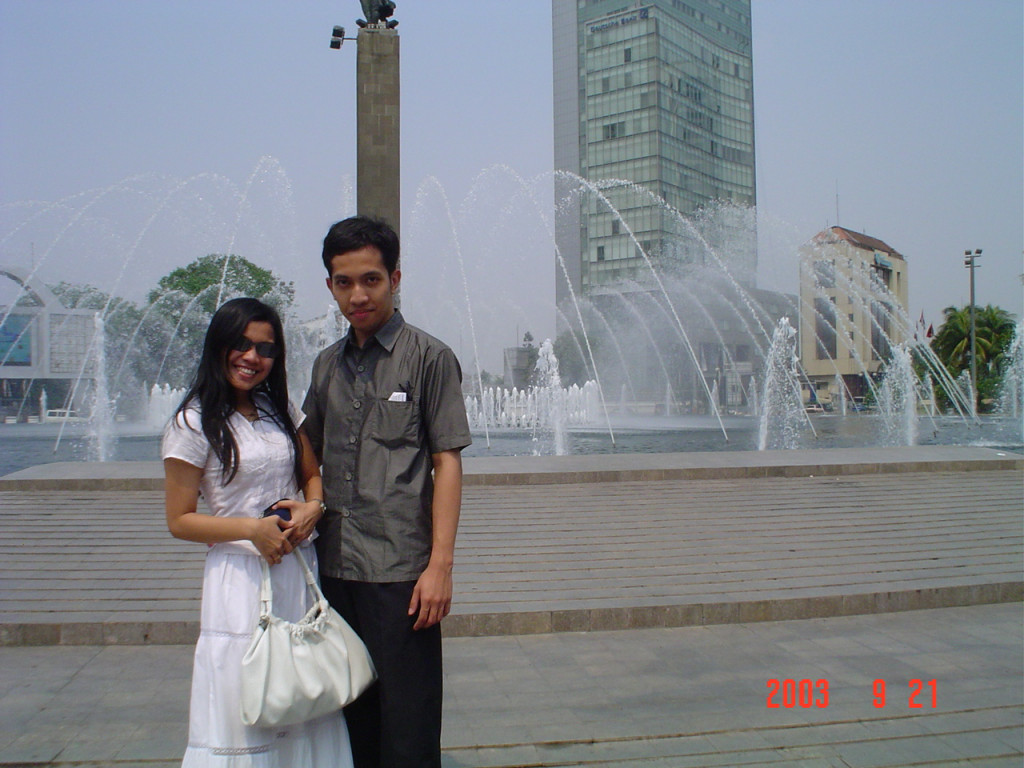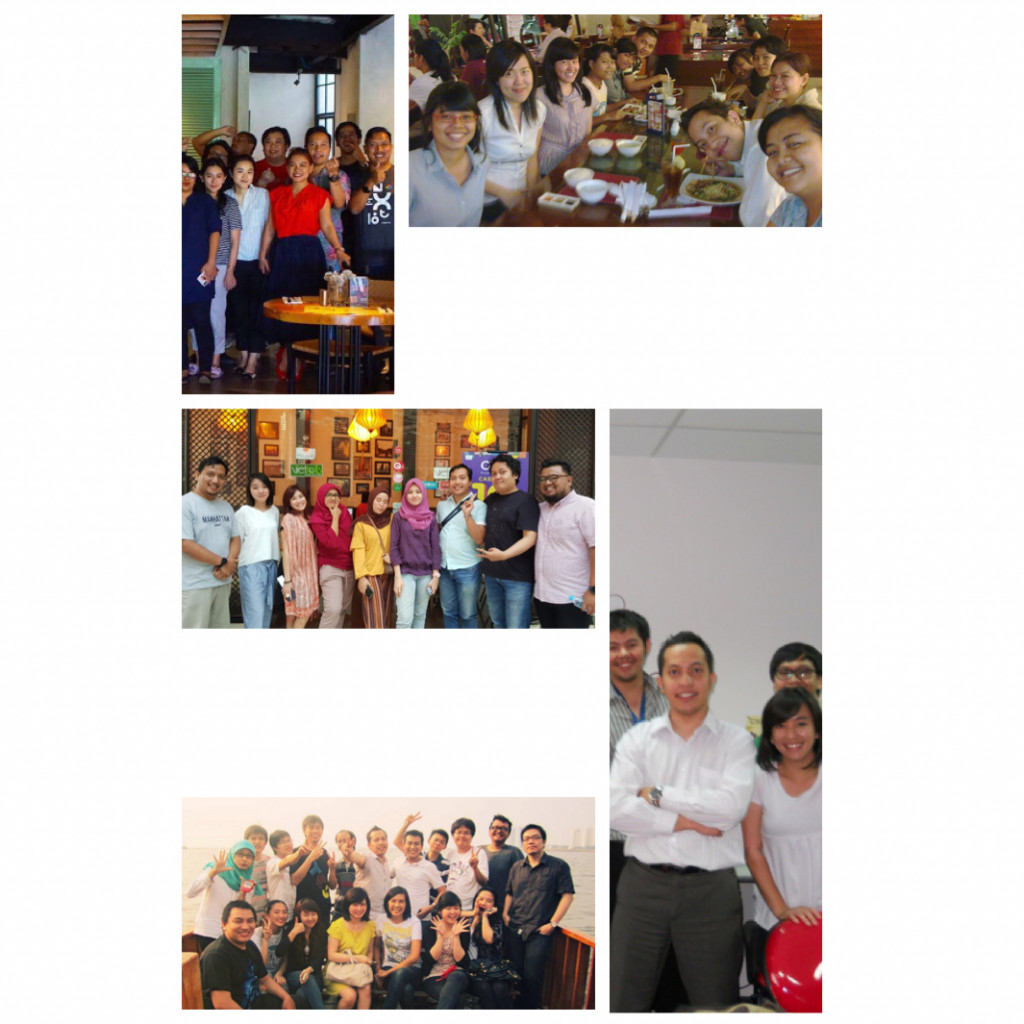Natali Ardianto's Journey to Become an Industry Expert: Having a Concrete Goal
The key to leadership is mastering decision-making skills and building a solid team
This article is part of DailySocial Mastermind Series featuring innovators and leaders in the Indonesian technology industry to share stories and perspectives.
Entrepreneurship it's not for everyone. This requires years of hard work, a lot of responsibility, high risk and many other sacrifices. However, none of that is an issue when you have a concrete goal. At least, this principle is held by Natali Ardianto, who once led a technology team at one of the well-known OTA services, Tiket.com, throughout his journey through the ark of the technology industry.
Currently, Natali is the Co-founder and CEO of PT Indopasifik Teknologi Medika Indonesia, a company that she founded with several colleagues after trying out several industrial sectors. Starting from urban planning, OTA business, fintech, then healthtech, each teaches various things that have shaped his personality as an industry expert.
As a technology enthusiast and computer maniac, he struggled with the problem of chronic introversion until he finally recovered and managed to master his communication skills. One of the keys is to have clear, concrete goals, something that can be adhered to and is measurable.
As written in her professional profile, "Life is a journey, not a destination" (Life is a journey, not just a destination), DailySocial had the opportunity to dig deeper into Natali Ardiante's career journey, here is a summary.
Starting from his current position as Co-founder & CEO at Indopacifik Teknologi Medika Indonesia. Can you share a little story about the last company?
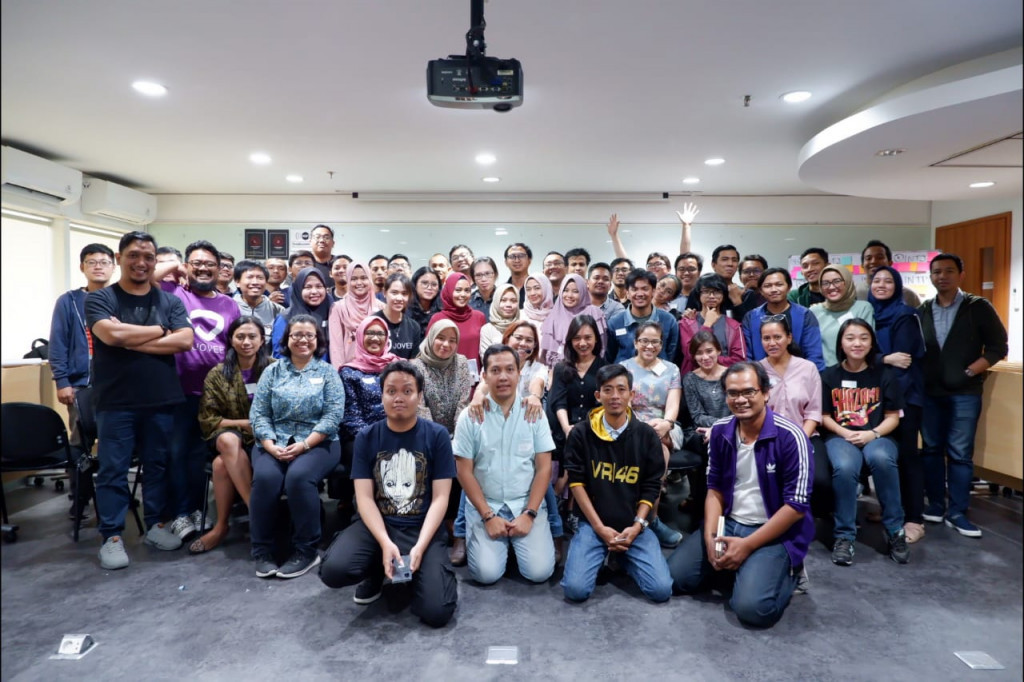
This is my 5th startup, a health technology company called PT Indopasifik Teknologi Medika Indonesia. We offer digital solutions focused on supplement products. Using technology achin learning that fully personalizes the data to provide the best supplement recommendations for your health. Many people ask, why healthtech?
Simply put, do you consider health a primary or secondary need? To be honest, most people will put health above everything else, health will always be positioned first. In fact, it [health] is a basic need that people are willing to spend money on. Meanwhile, the entertainment industry and others require thorough calculations because it is not a primary requirement. In terms of profits, it is indeed better. Because the average revenue per user (ARPU) can increase several times higher than other entertainment industries. In other words, a similar goal can be achieved with less effort.
Twelve years ago, when you first entered the world of startups, what was on your mind? How did you start this business journey?
In 2008, when the startup was not yet hyping, we only think about building a digital company. Meanwhile, owning a company has been my dream since I was a child. My first experience of being exposed to technology and falling in love with computers was in 5th grade, I also started coding around that age. I then set my focus on technology until I managed to enter Computer Science at the University of Indonesia.
In 2003, I started several freelance projects across regions. When startups were gaining popularity in 2010, I had a hard time with Urbanesia, the first company where I learned a lot after 13 months of development. I have the mindset that life is about solving problems. When we solve problems over and over again, we will master the knowledge. Then, what happened next was that my second company only needed 8 months of development, then we built Tiket.com within 3 months.
What I wanted to do was very clear from the start. I label myself as hardcore engineer. However, I realized that engineers without basic communication knowledge would not be able to go much further. Especially if you want to be a leader. Leadership is all about directing and delegating, that makes communication very important.
As a technology maniac, have you ever found it difficult to communicate? What can you share with the engineer out there?
It's actually very simple, just talking to people. Here it is not just a matter of literature, but a process of learning while working. After two years of teaching, I got better at marketing. The problem with most engineers is that they can't do marketing. I'm lucky to have a partner to help me learn how to deal with people and share important insights.
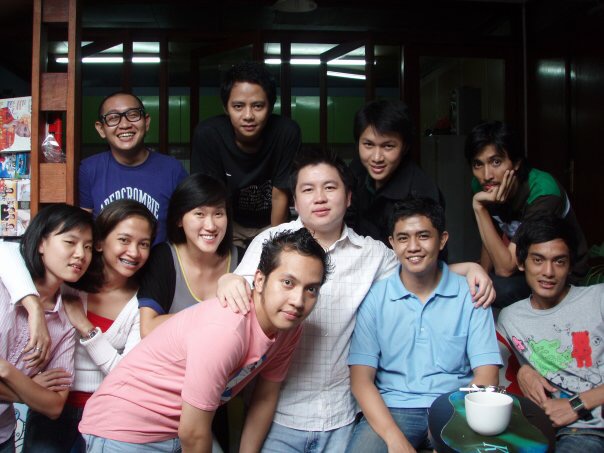
With an educational background in the field of information technology, plus experience in various industrial sectors, starting from urban planning, OTA, fintech and now healthtech. How would you describe each company?
I am an industry agnostic, my first startup focused on city directories with no related background. My second company is called Golfnesia, despite the fact that I have never played golf in my life. Furthermore, at my third company, Tiket, none of the board of directors had a background related to OTA services. Before this, it was a fintech company called Pluang [formerly EmasDigi], and now my ship is anchored in the healthtech industry.
Among all this, there is a silver lining, an achievement as an industry expert. This is not just about educational background, personality, or family. To reach that stage, one had to go through almost everything.
I myself believe in divine secrets. There is something called RAS (Reticular Activating System) in our brain that can filter thoughts of important things. When you have something you really want and plant it in your head as clearly and vividly as possible. In the end, you can get it.
In the last four companies, you led engineering teams, while you currently serve as CEO. How do you see the gaps in this transition? Does this require any special skills?
In the big picture when we started Tickets, I created a pitch deck and a financial plan. I always worked the business side for the CEO sometimes. Also, I have a background as a project manager in a consulting company. If I had to say, I have always been a business-oriented CTO. I am very conscious of budgets and numbers.
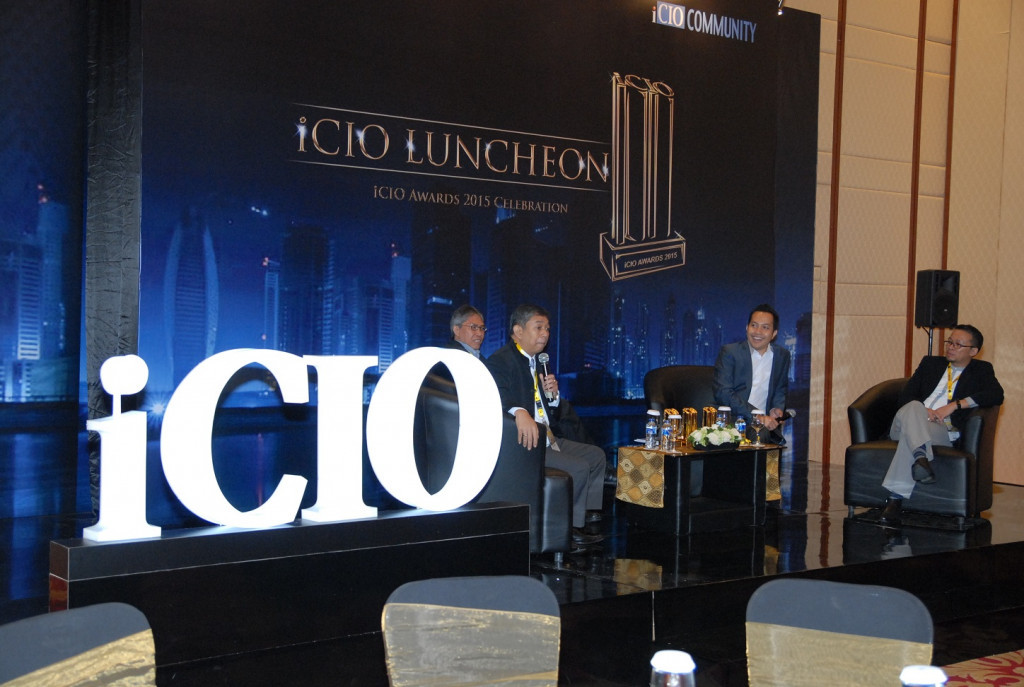
Most CTOs are very high maintenance in terms of technology. They just want to use the newest and coolest, but high-cost technology. Meanwhile, you can still create something impactful with simple existing technology. I created a Ticketing system with a very corporate system with financial details. Every transaction is recorded, avoiding fraud and corruption. I am the type of person who likes to learn things, therefore I can not only focus on technology, but also business.
However, some people are misguided simply because they learn piece by piece, not end to end. System agile interesting enough but without a vision it will not be effective.
Have strategic thinking. As a CEO, the key word is that you know what you will achieve in 5 to 10 years. Some CTOs still stick with plans for 6 months to 2 years due to the dynamic industry. Meanwhile, foundations such as law, finance and business are the most important targets. I was lucky to have a good mentor and eleven years of experience. Honestly, today I feel a bit relieved, because making decisions has become an iterative process. When you already know the strategy, the next step is to repeat the same process.
When it comes to business and personal life, who to be role model You? Maybe as a mentor, companion, someone who accompanies you to a stage like this.
In terms of companion, of course it is my wife. I met him in 2002 when I was still a chronic introvert. Actually, he helped me change, and taught me a lot about how to communicate, dress well, and other things. He currently has a master's degree in counseling psychology. My wife is my learning partner, especially in understanding people.
The key word in terms of leadership is the ability to understand people's personalities. You have to be able to find a way to make them stay, even if what you offer is not as big as the giant companies out there. I try to understand and fill emotional gaps not just financially. Because we are trying to create a foundation not only based on money. The problem is, when people have money, they try to solve everything by paying. To be able to solve problems is to learn to be an effective person. When you become an effective person, you indirectly become an efficient person.
Personally, in terms of running a company, Jonggi Manalu from Tiket is one of my inspirations. In general, Larry Page & Sergey Brin will always be the best examples, although in the first 11 years, Eric Schmidt was the experienced executive and made Google very corporate. I call it with corporate agility, a corporation is the basis of a company whereas agile is how we run the company. Why does a company have to be corporate? Because I often find companies experiencing difficulties with waste, corruption, financial weakness, legal problems, and management deficiencies.
Running a startup means running a company, not just a product. You can create a product, but if you don't know anything about marketing, business development, and corporate matters, it won't work. I found two things that can make a company fail, namely when the founder gives up and runs out of money.
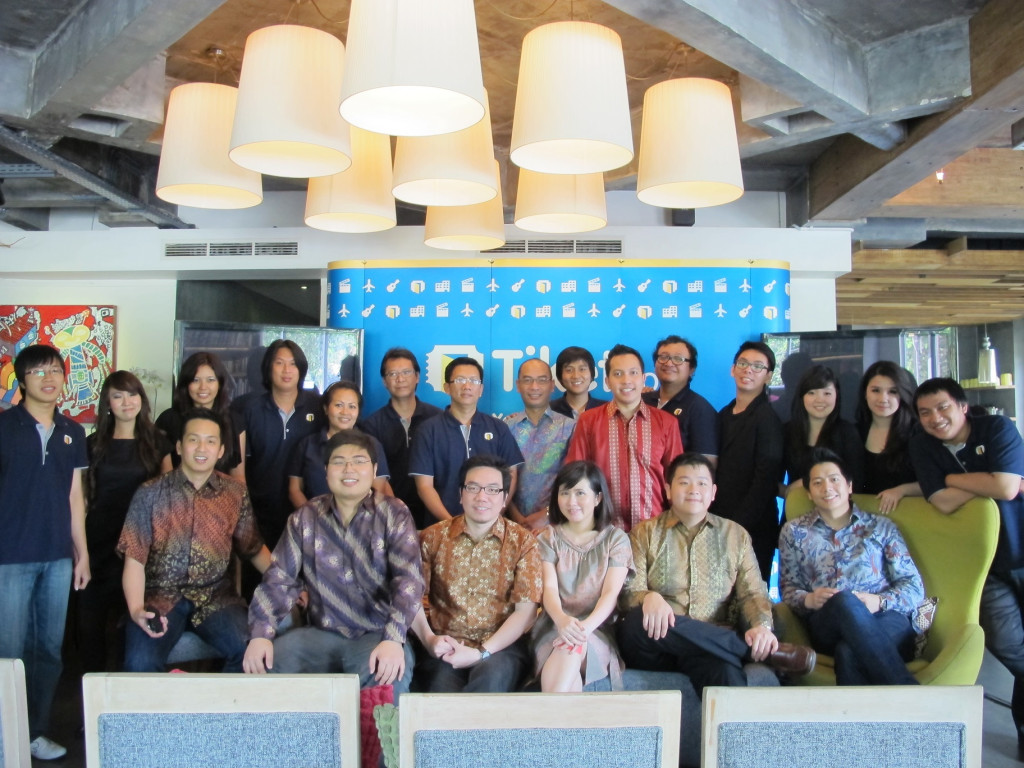 Grand launching Tiket.com
Grand launching Tiket.comAmong the several industries that have been explored, which is the most challenging? What is the biggest lesson you can learn from these experiences?
In entrepreneurship, the key is time. Running a company that is not based on buying and selling is really difficult. To get one transaction, large or small margin requires the same amount of effort.
In running a company, I prefer to call it as hardship. When running something to make a profit, everything will be limited by budget. For example, when I was in the OTA industry, with today's small teams competing against our competing giants it was one hell of a battle. In this case, it is not a low point, but a hardship. Toughness in trying to run a company profitable.
What is your next target? Is there a dream that hasn't come true or is it something you've wanted for a long time?
After "graduating" from Tiket.com, I want to enjoy "retirement" for one year. My wife and I traveled around 5 continents, more than 30 cities. However, I didn't enjoy that kind of retirement at all. Finally, in the 7th month, I helped a friend build a new startup. Building something from scratch and turning it into something great has always been my passion. Like, I wouldn't trade it for anything. Even if I had to do this until I was 70, I would still do the same thing. Creating great products that everyone uses and loves. Also, one day I would like to pursue a Ph.D. in entrepreneurship or e-commerce.
-This article was written in English, translated by Kristin Siagian
Sign up for our
newsletter
 Premium
Premium
